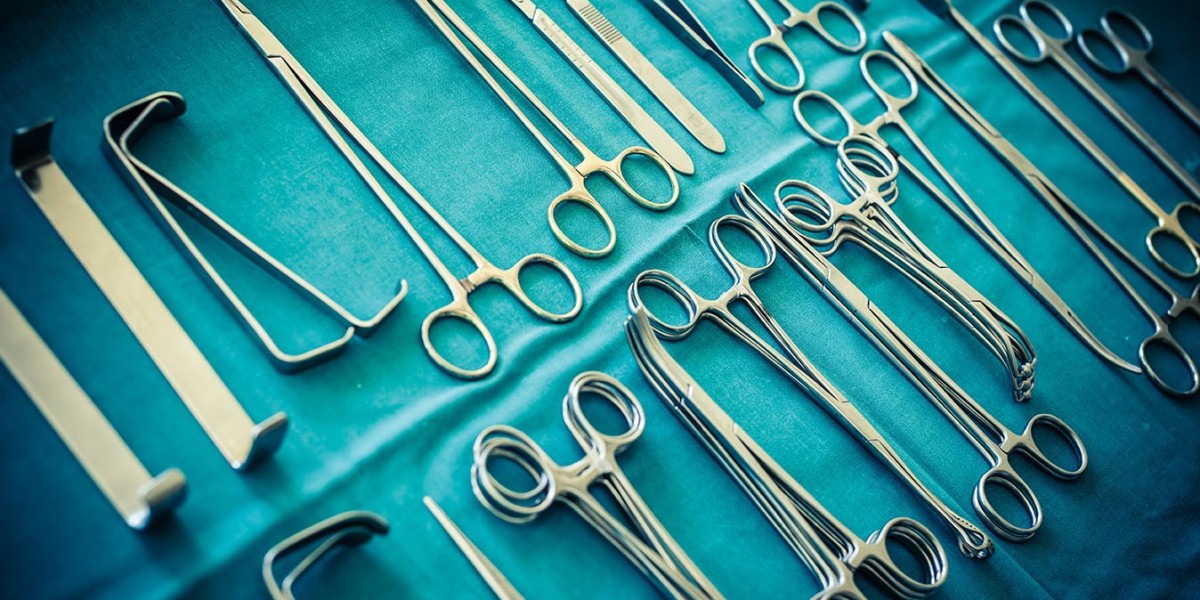If you’ve ever watched a medical drama or peeked into an operating room, you’ve probably noticed surgeons wielding those sleek, precise tools—surgical scissors. They might look simple, but they’re one of the most critical instruments in any procedure. As someone fascinated by how everyday tools shape big outcomes, I think surgical scissors deserve a spotlight. So, why are they so important, and what makes them special?
Precision That Saves Lives
Surgical scissors aren’t your average craft-store snips. They’re designed for precision down to the millimeter—whether it’s cutting through delicate tissue, snipping sutures, or navigating complex anatomy. A surgeon might use them to separate muscle from fat or trim a vessel without damaging what’s around it. One shaky cut could mean the difference between a smooth recovery and a complication, so that razor-sharp edge and ergonomic grip? They’re non-negotiable.
Take something like a laparoscopic procedure—minimally invasive surgery through tiny incisions. Here, specialized surgical scissors with long, thin blades become the surgeon’s best friend, letting them work through tight spaces with pinpoint accuracy. It’s like threading a needle while blindfolded, except the stakes are a patient’s life.
The Variety Is Mind-Blowing
Not all surgical scissors are created equal. You’ve got Metzenbaum scissors for delicate dissection, Mayo scissors for tougher tissues like fascia, and micro-scissors for eye or nerve surgeries. Each pair is tailored to its task—curved blades for finesse, straight ones for power. I once read about a neurosurgeon who swore by his custom pair for brain surgery; that’s how specific these tools get. The right pair can shave minutes off a procedure, which in the OR, translates to better outcomes.
Durability Meets Sterility
Here’s another cool thing: these scissors are built to last. Made from high-grade stainless steel or titanium, they resist corrosion and wear, even after countless sterilizations. That’s crucial because sterility is king in surgery—any contamination risks infection. So, while they’re slicing through tissue today, they’re ready to go again tomorrow without missing a beat.
Why It Matters to Everyone
You don’t need to be a surgeon to care about this. Next time you or a loved one faces a procedure, those unassuming scissors are quietly shaping the result. They’re a reminder that in medicine, the smallest tools can have the biggest impact. Want to geek out more on surgical gear? Places like Best Surgical Tools have some great examples worth checking out.
So, yeah—surgical scissors might not get the glory of a scalpel or a fancy robot, but they’re the unsung heroes keeping surgeries precise, safe, and successful. What’s your favorite behind-the-scenes medical tool?



